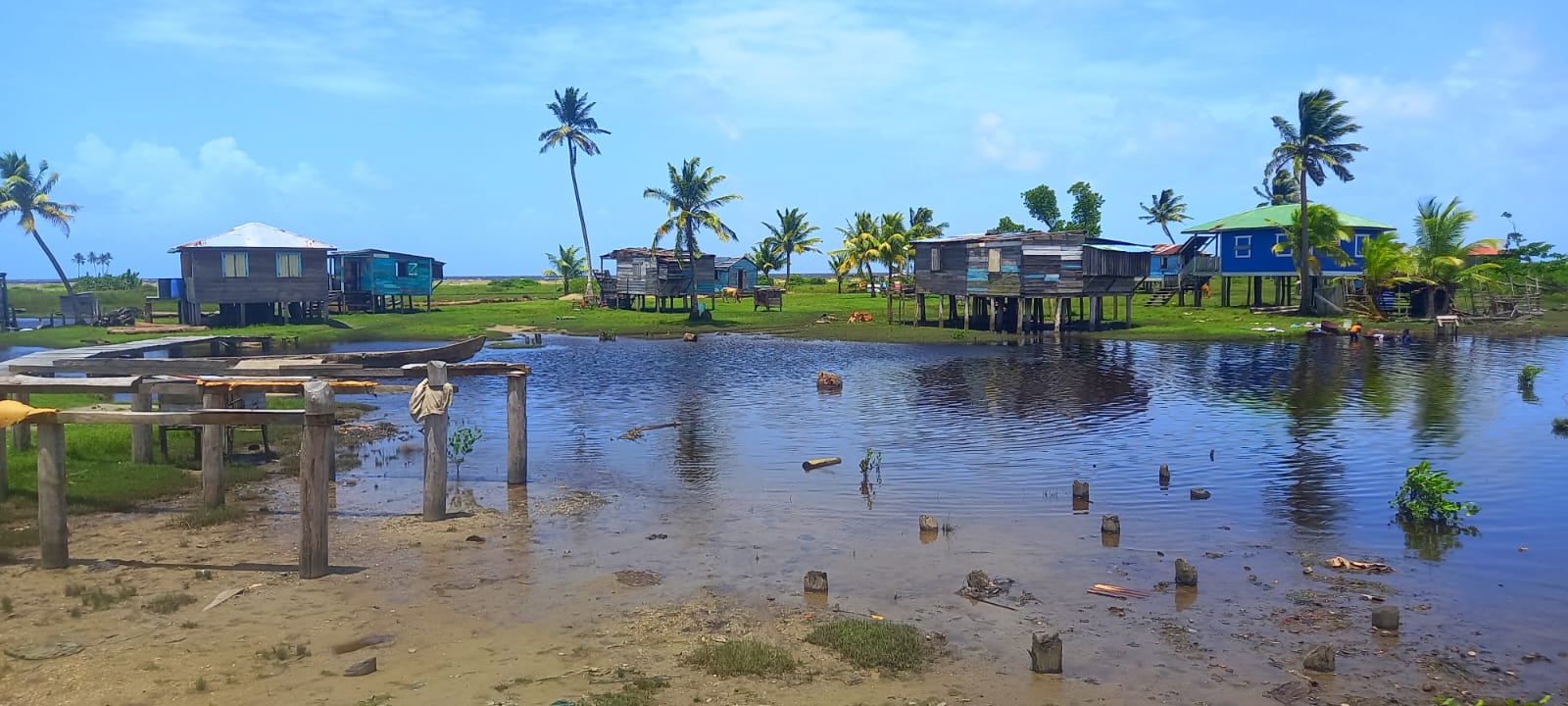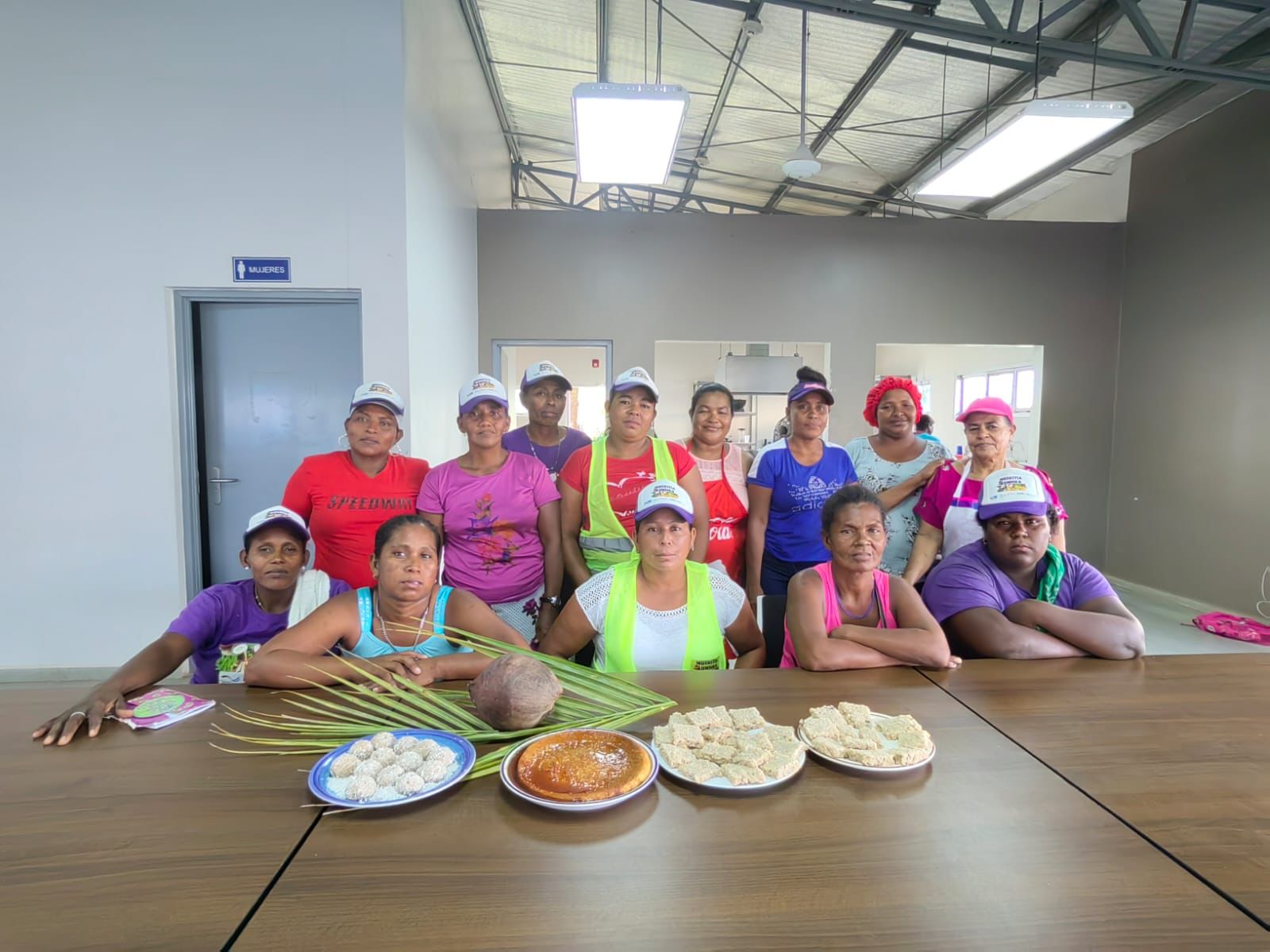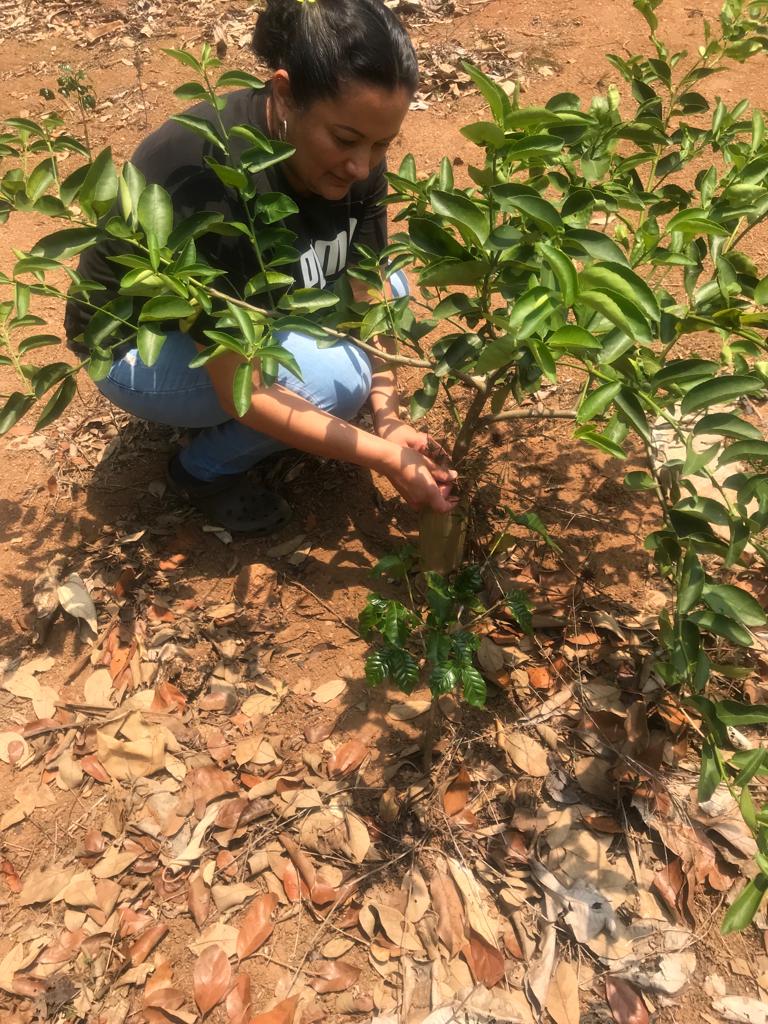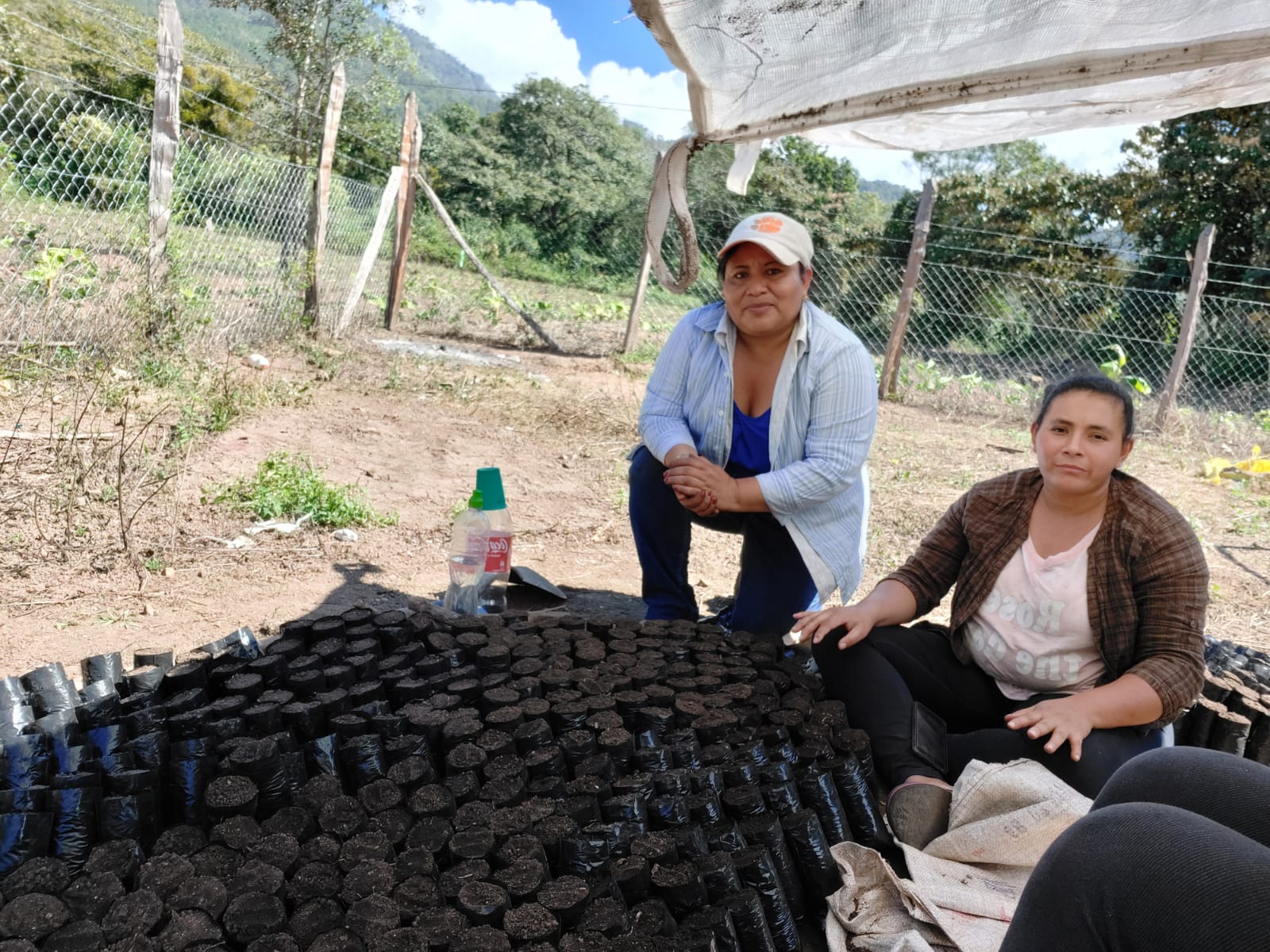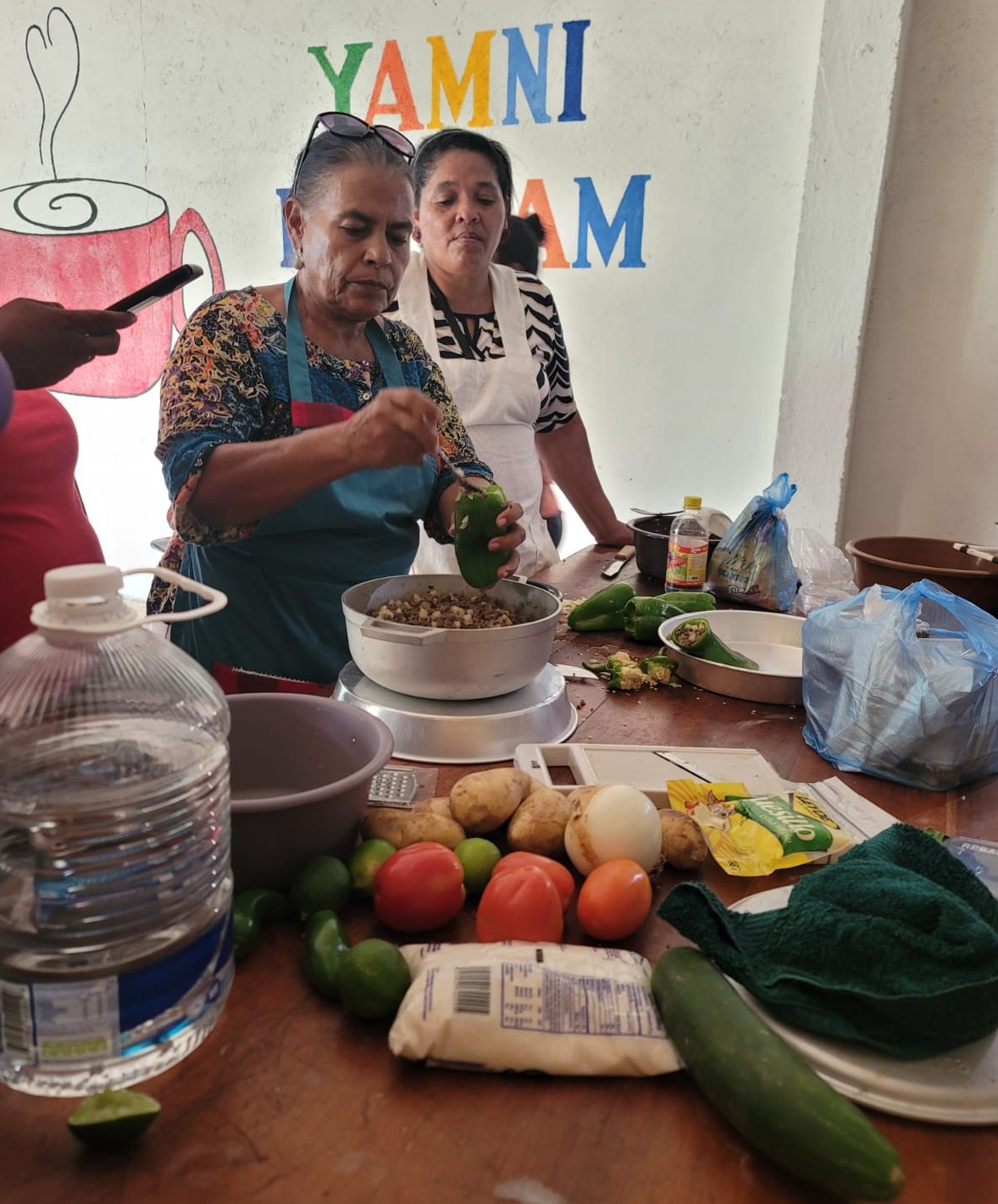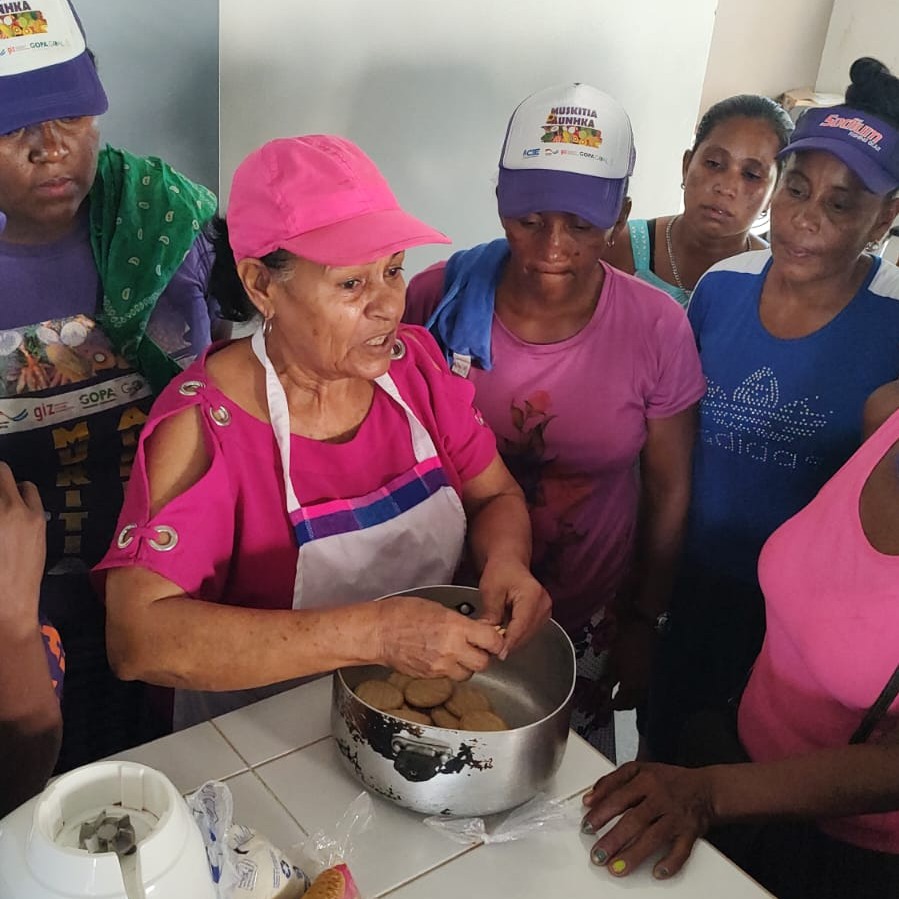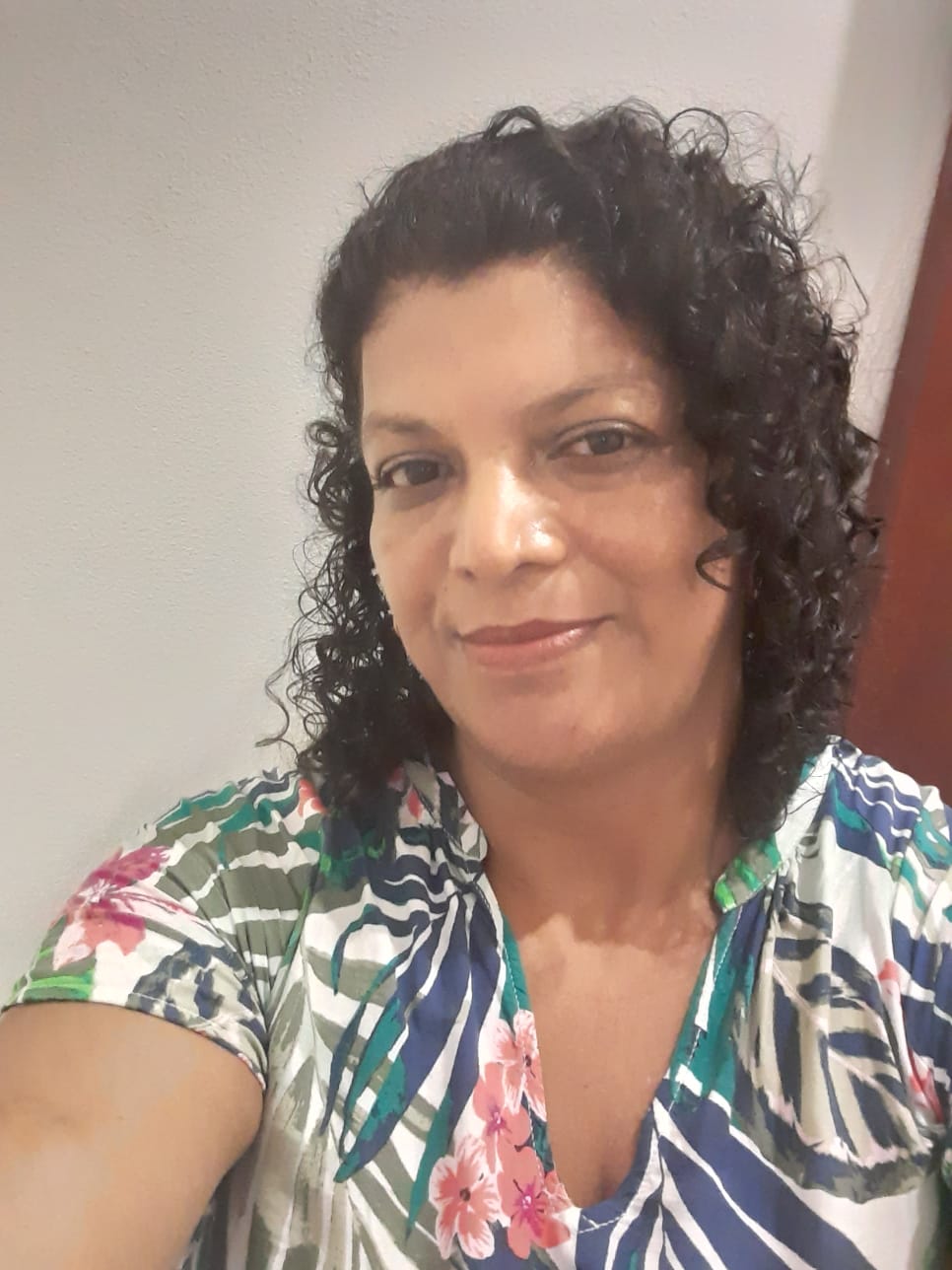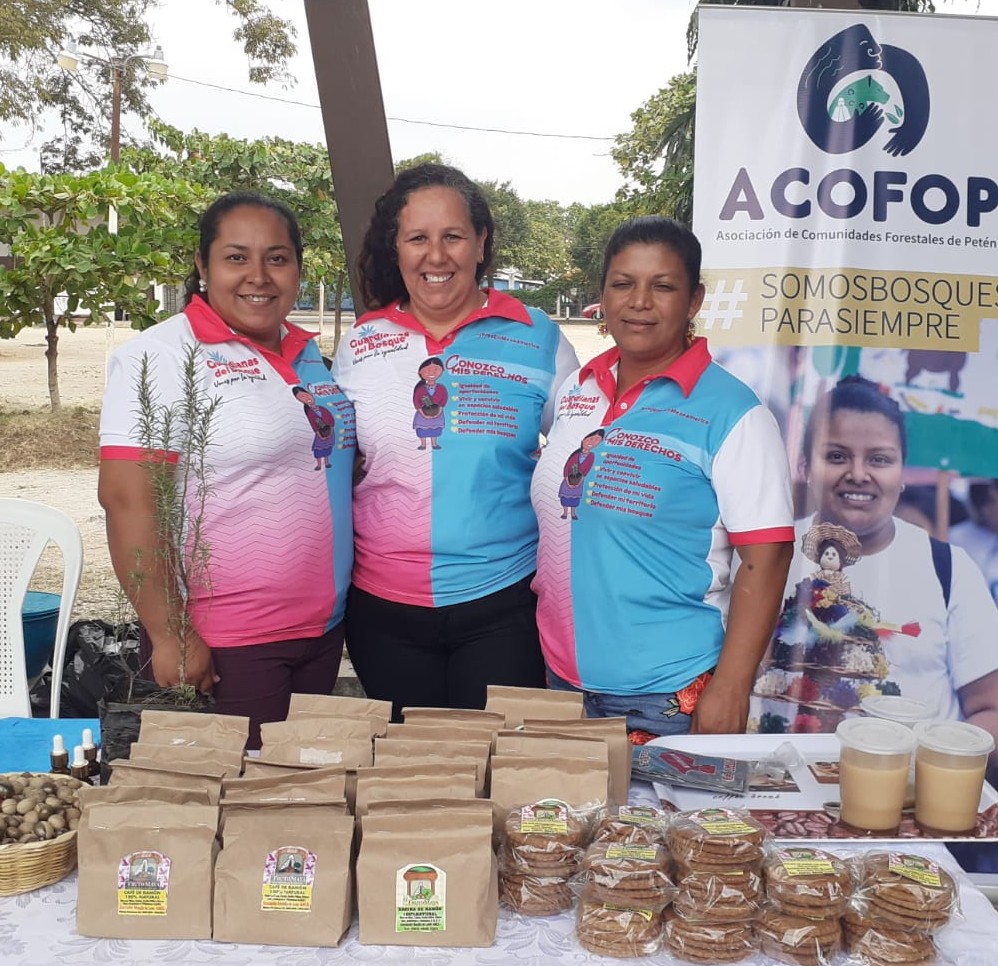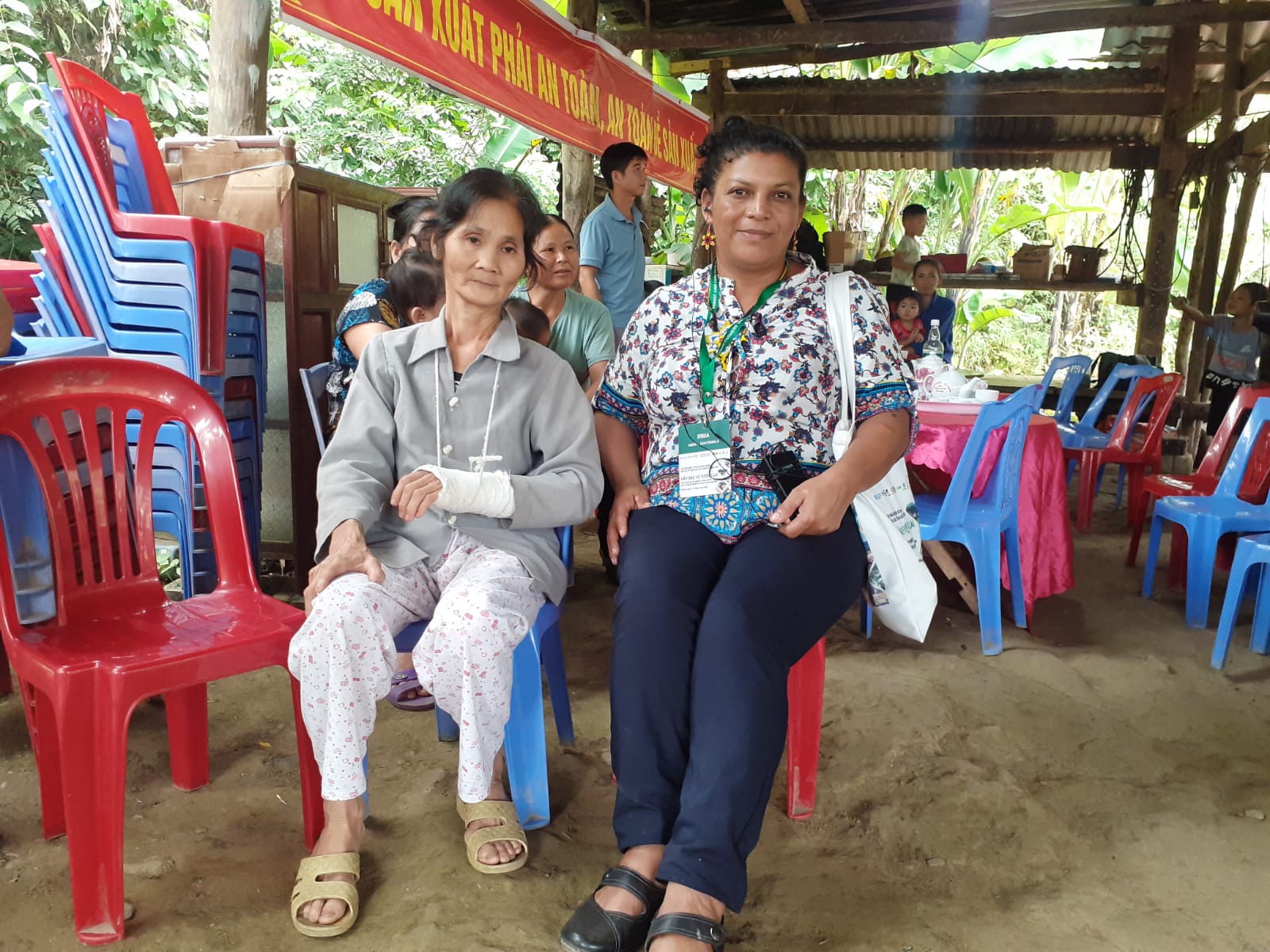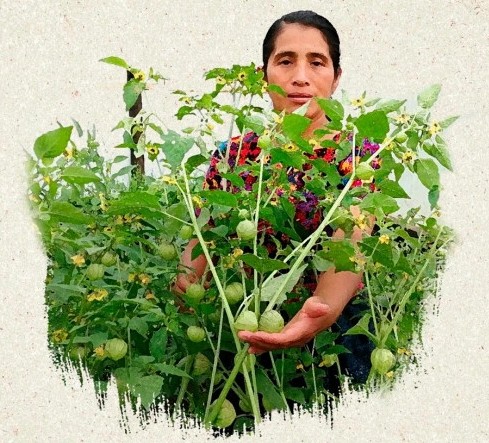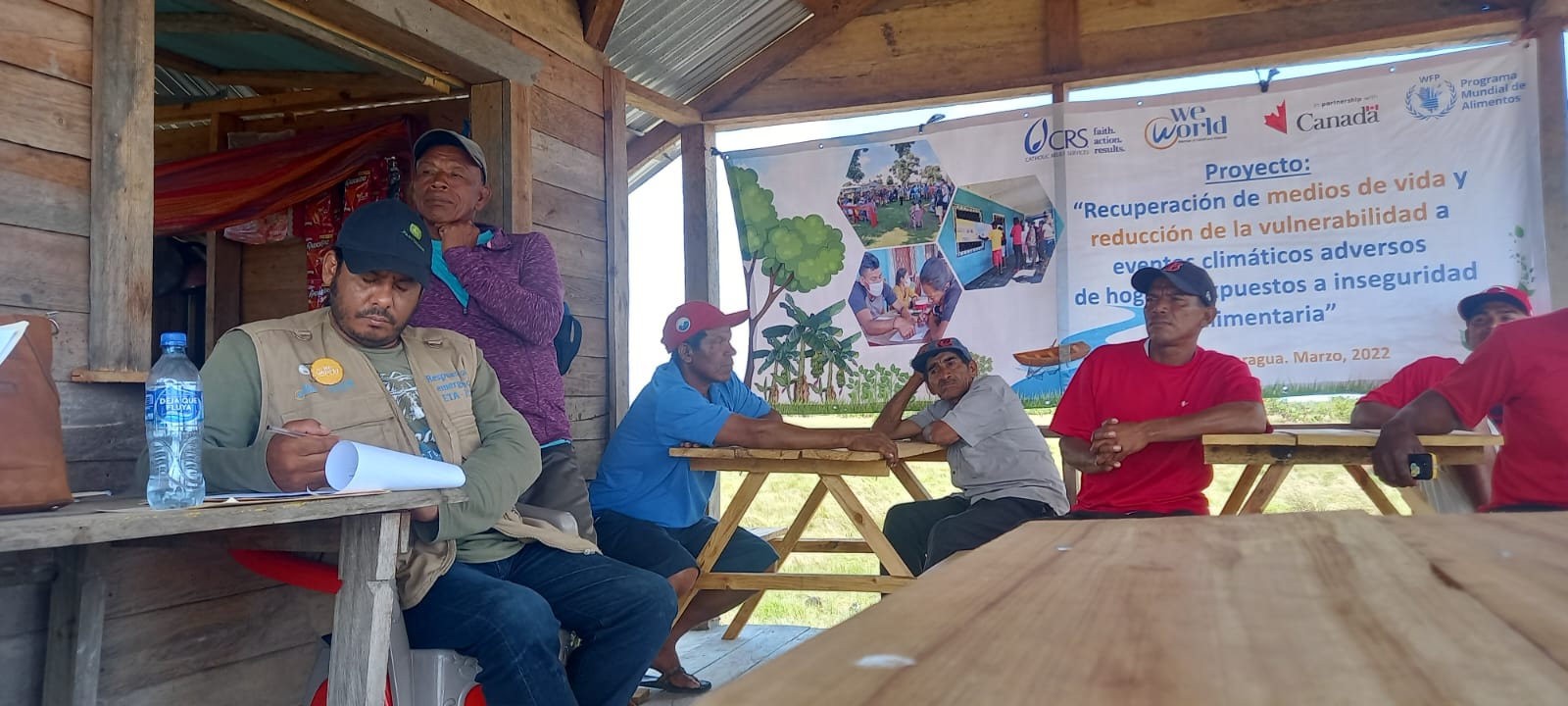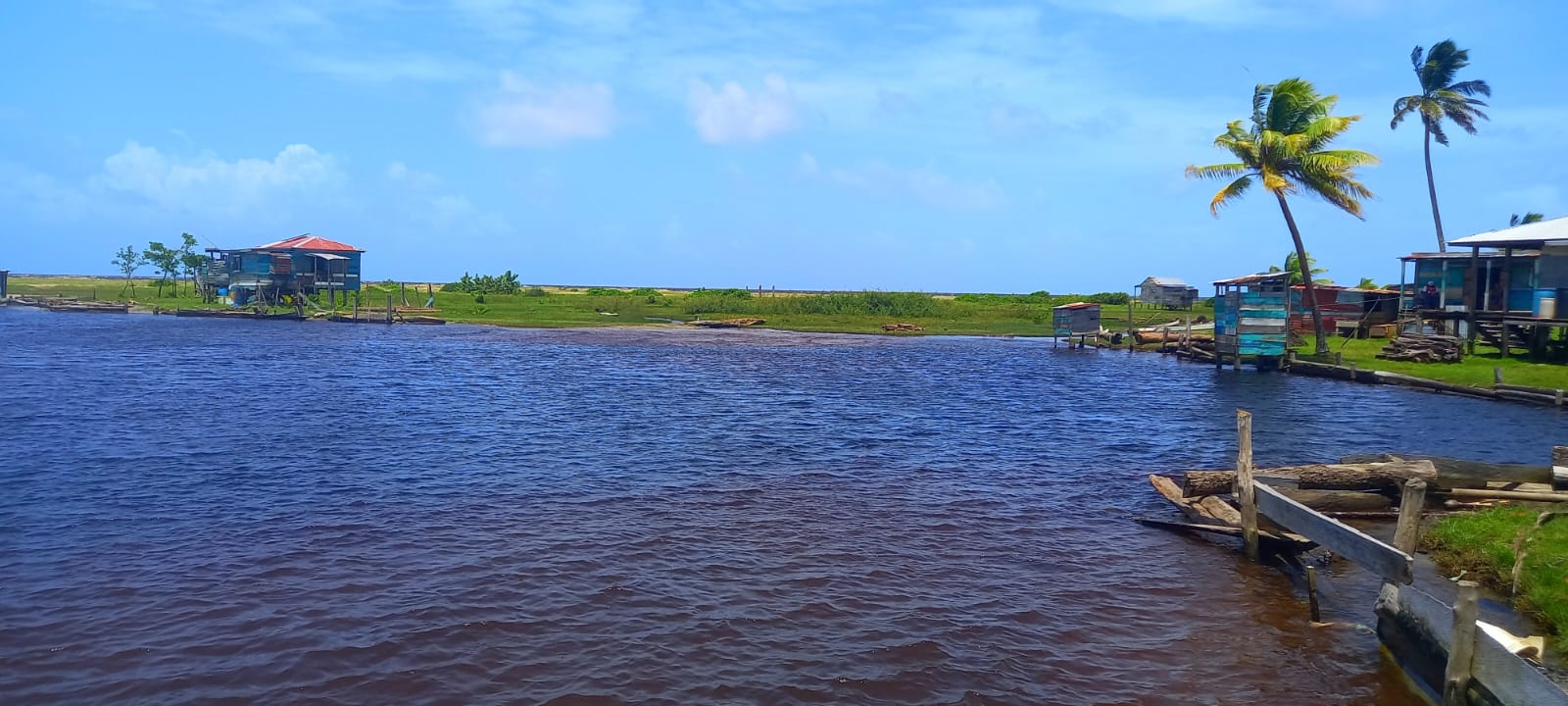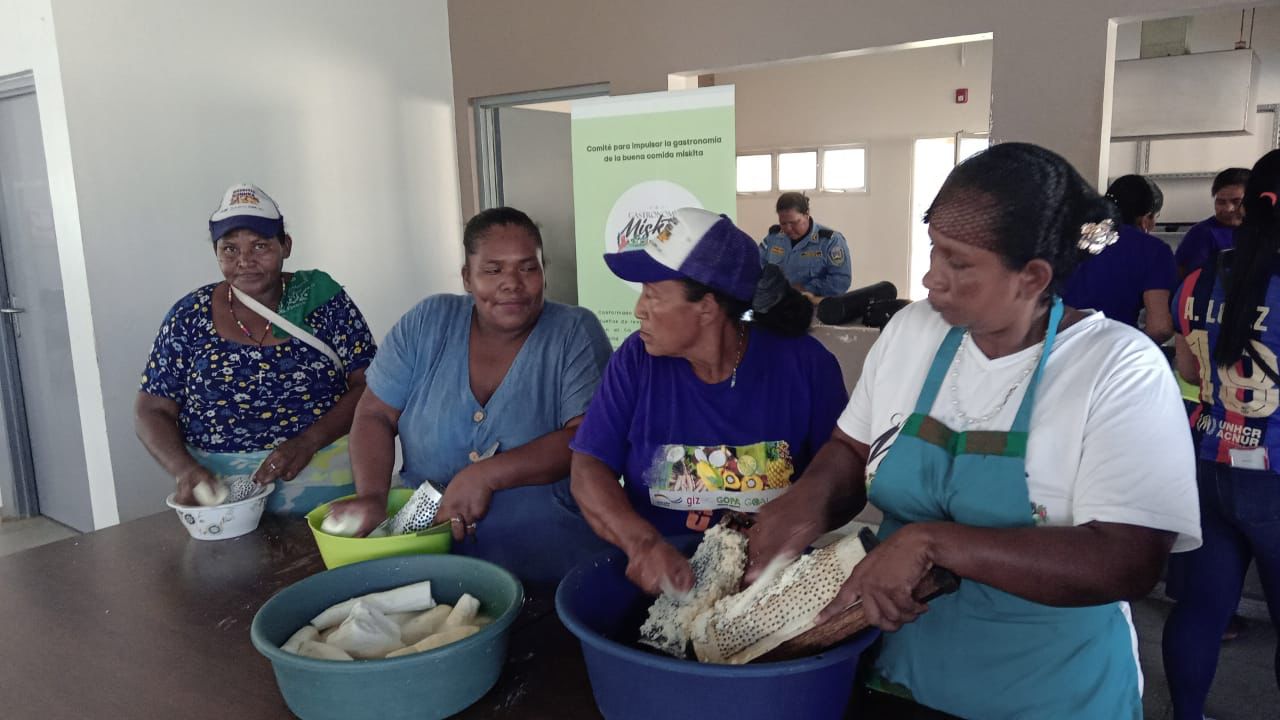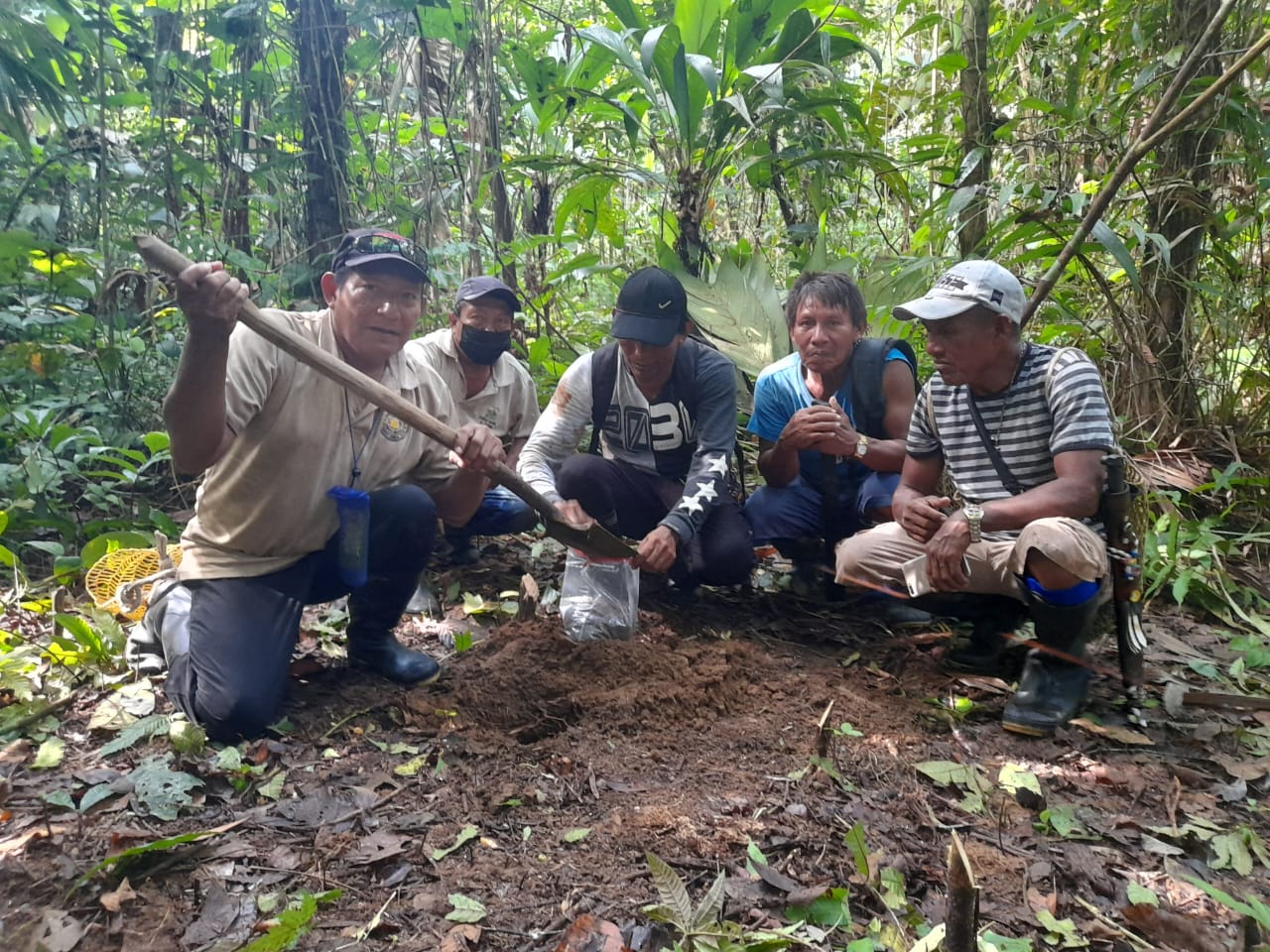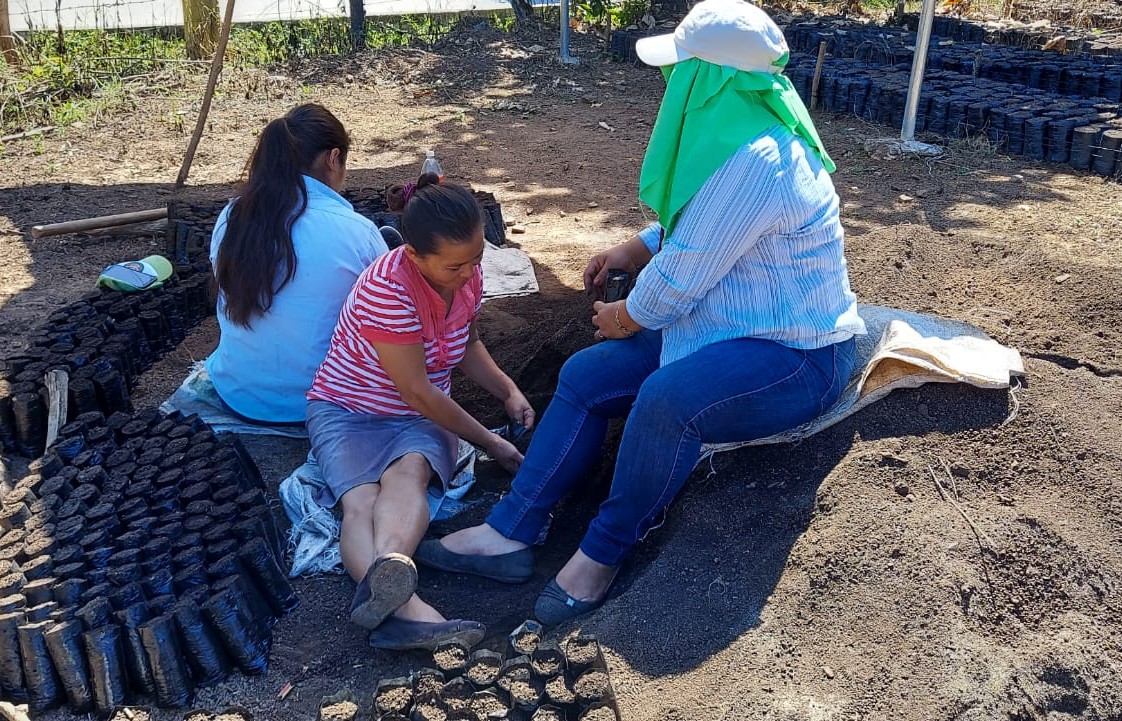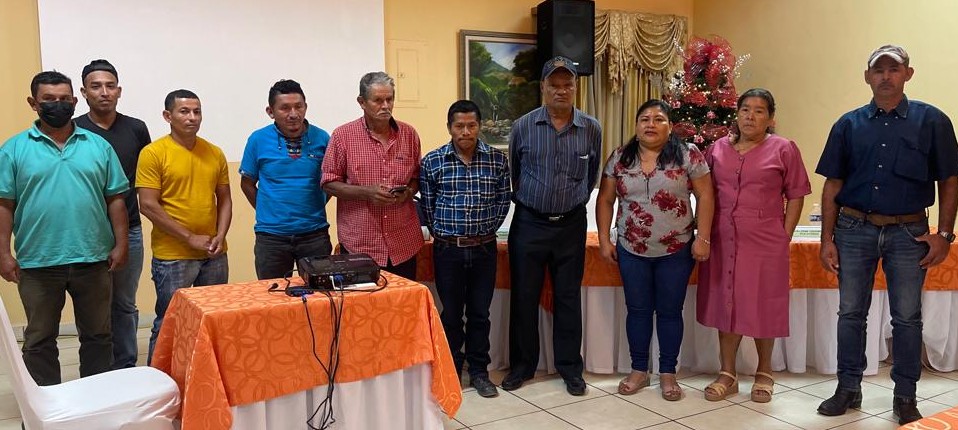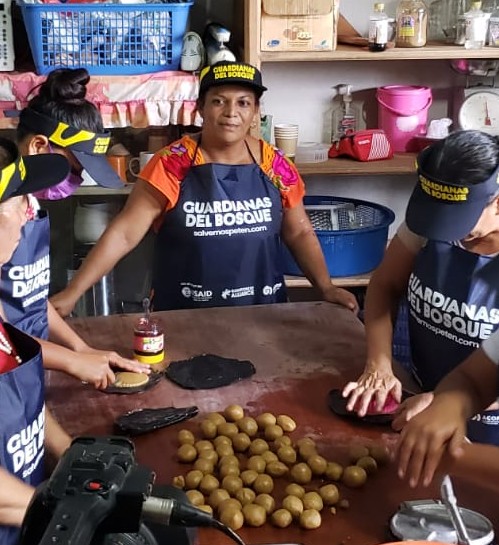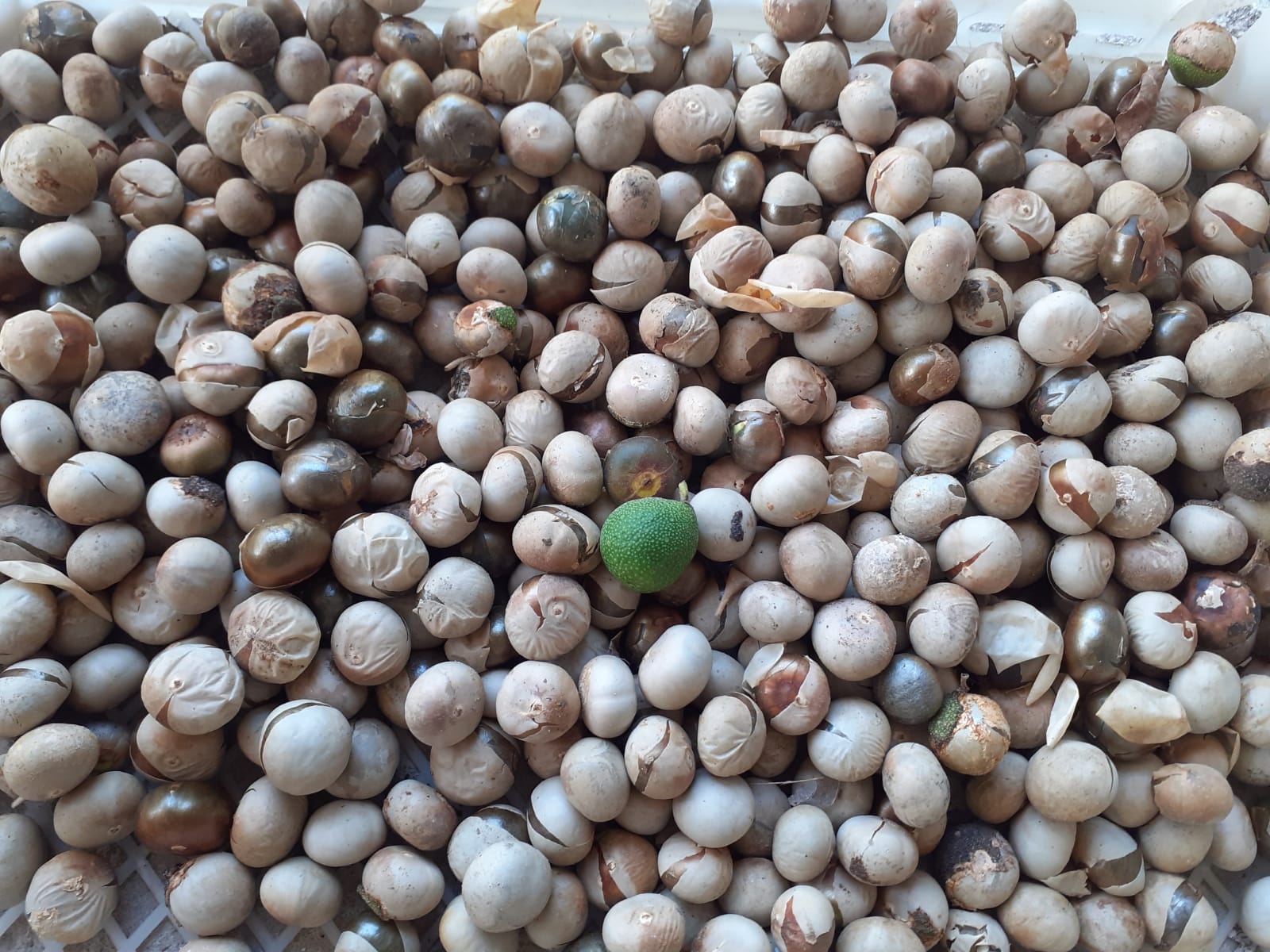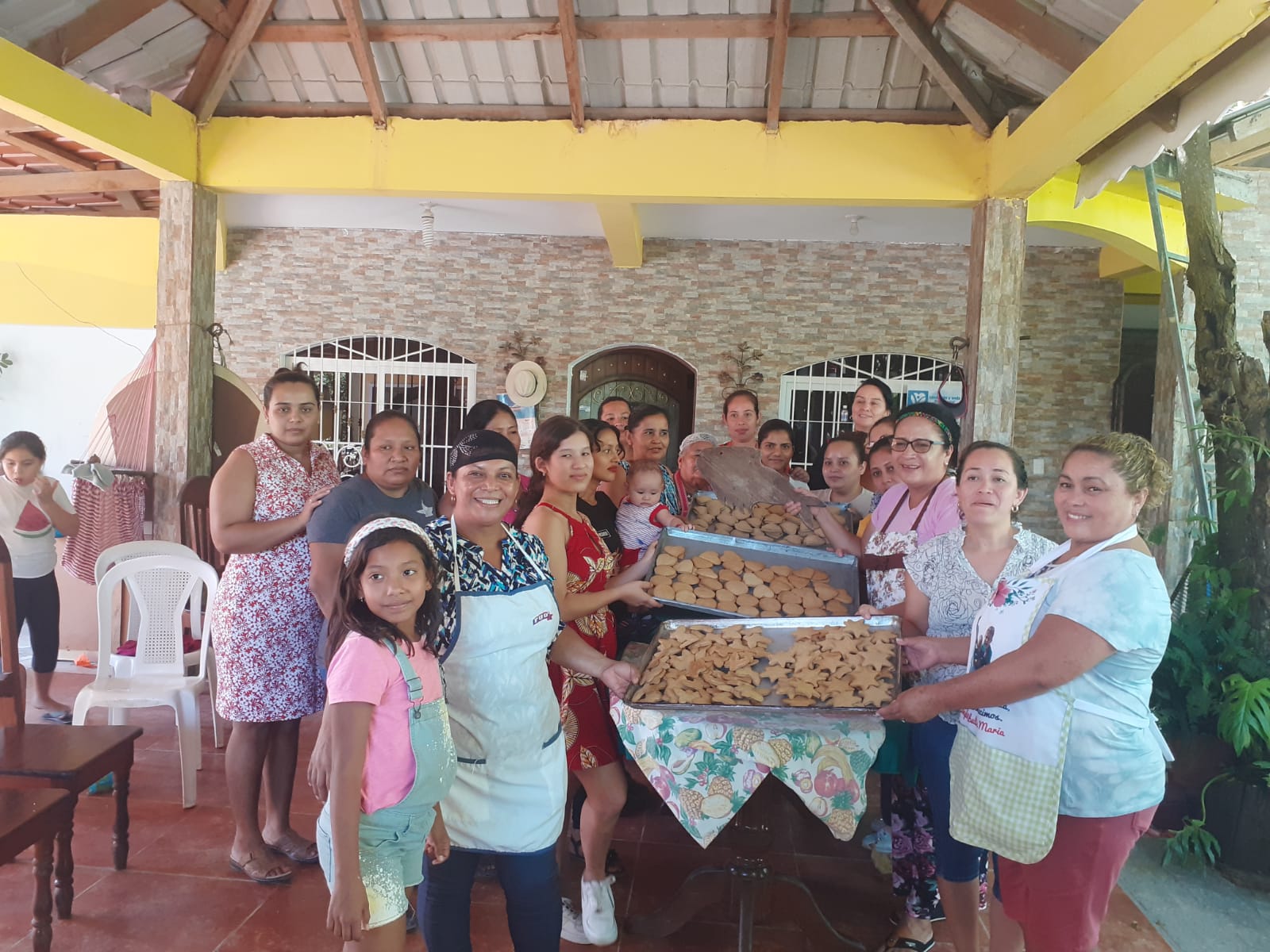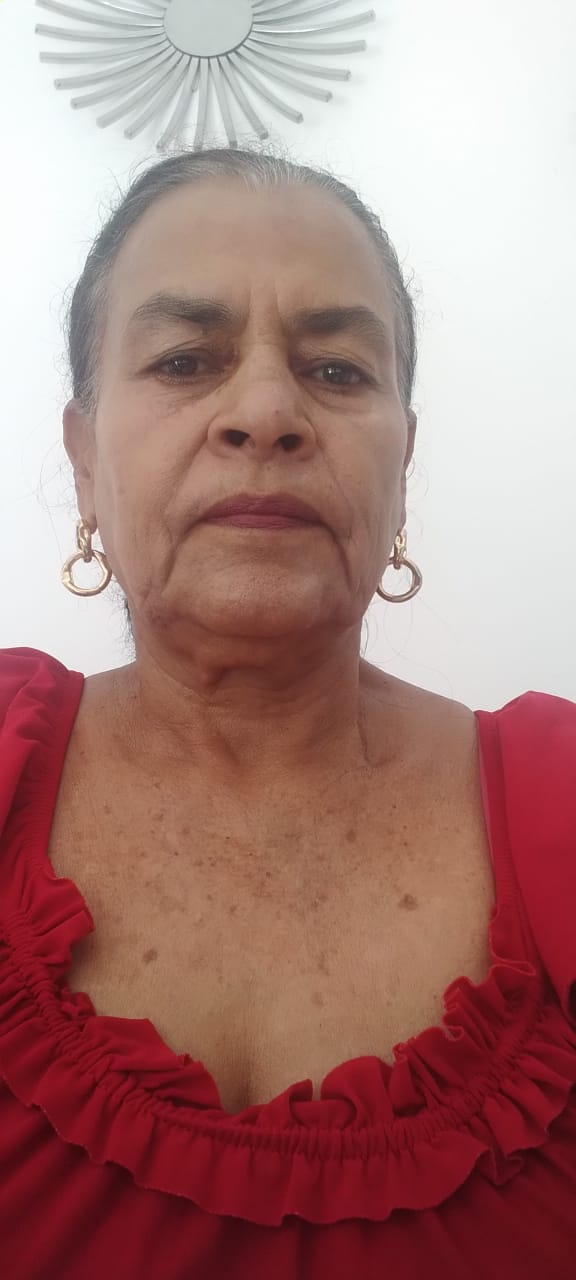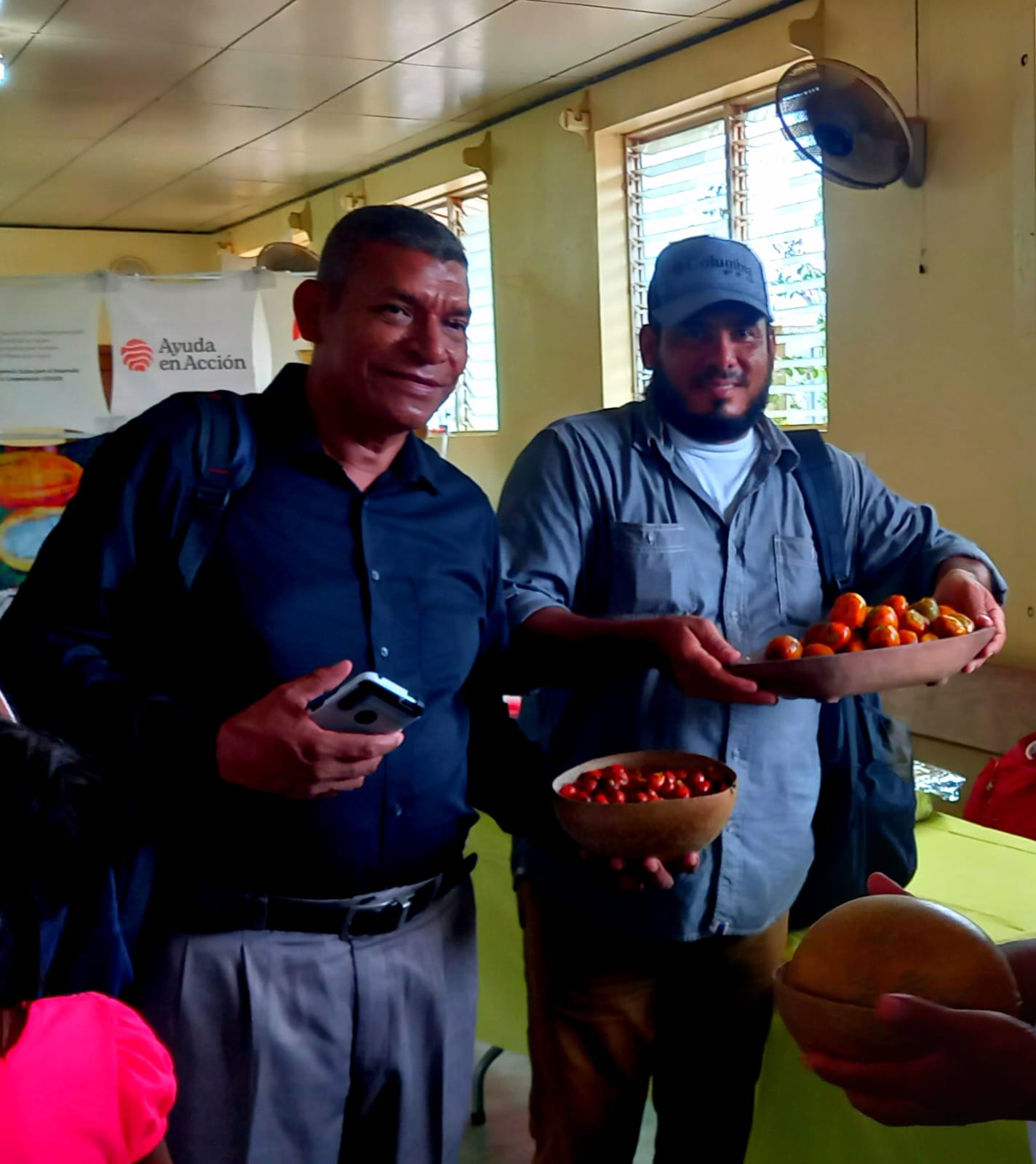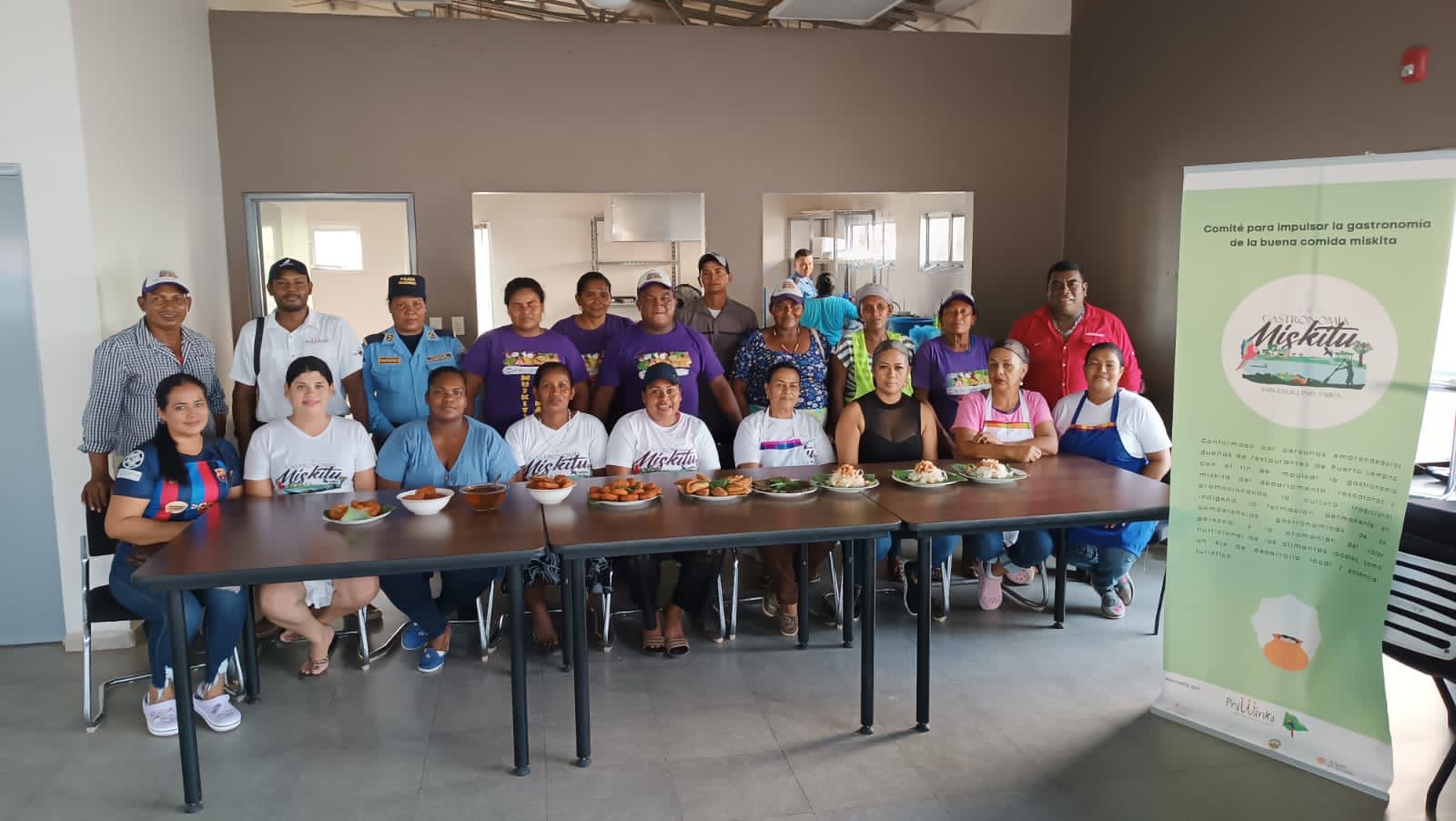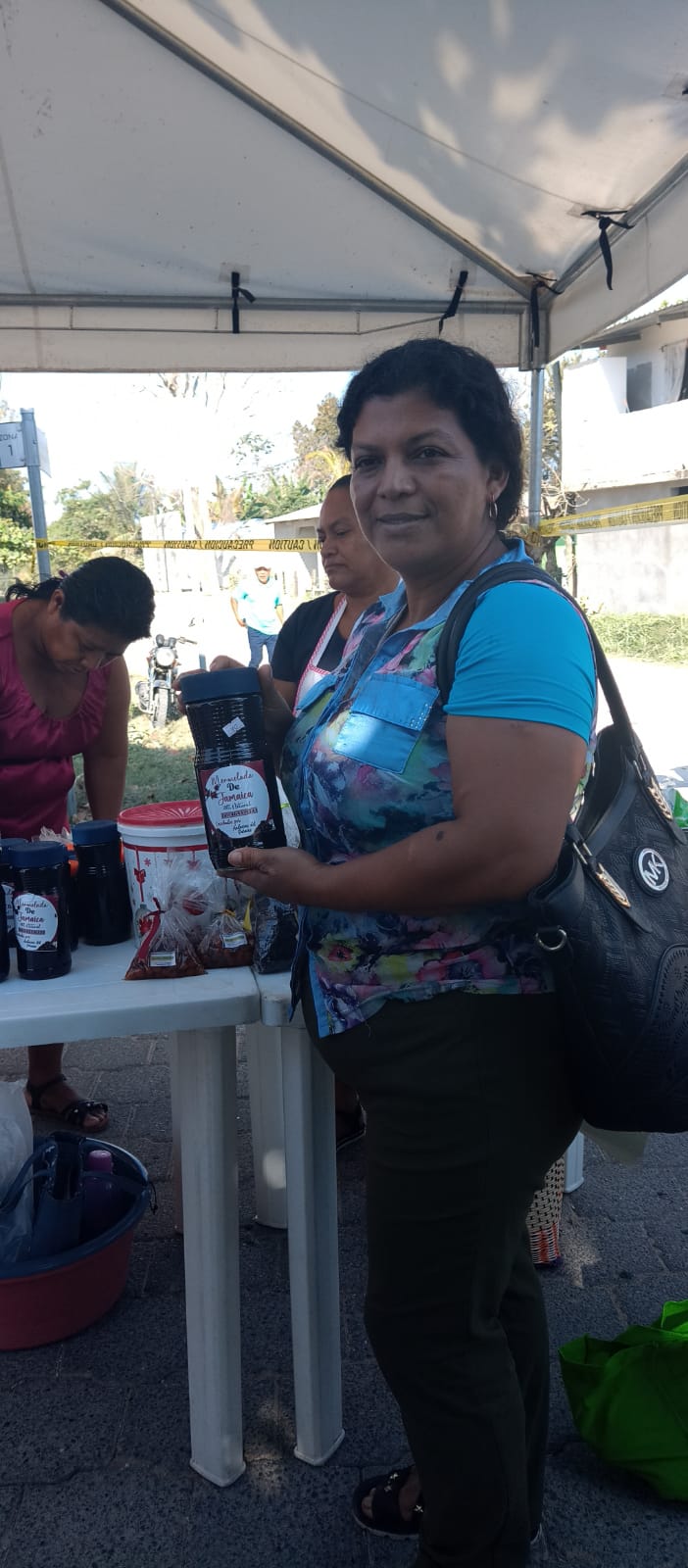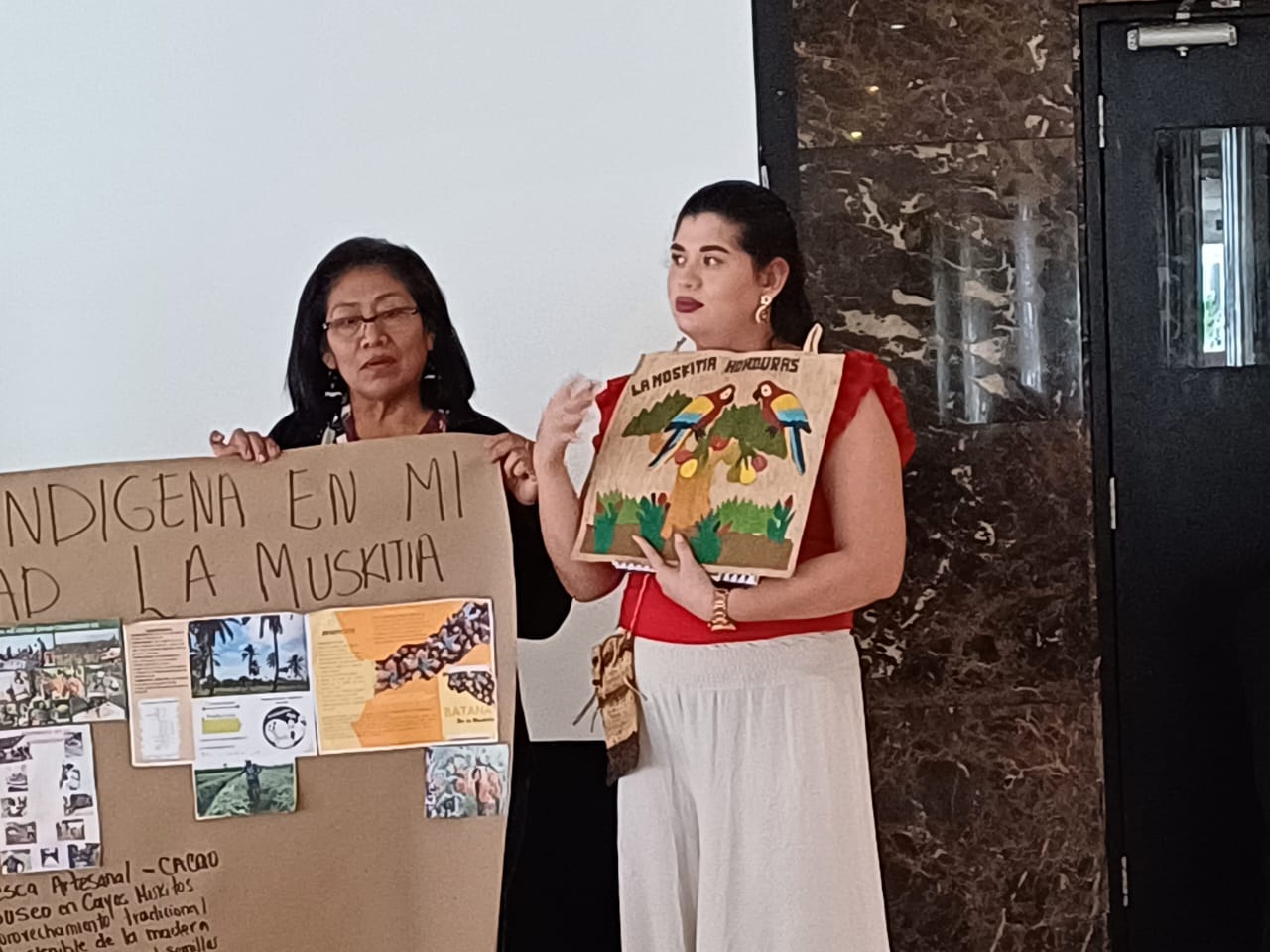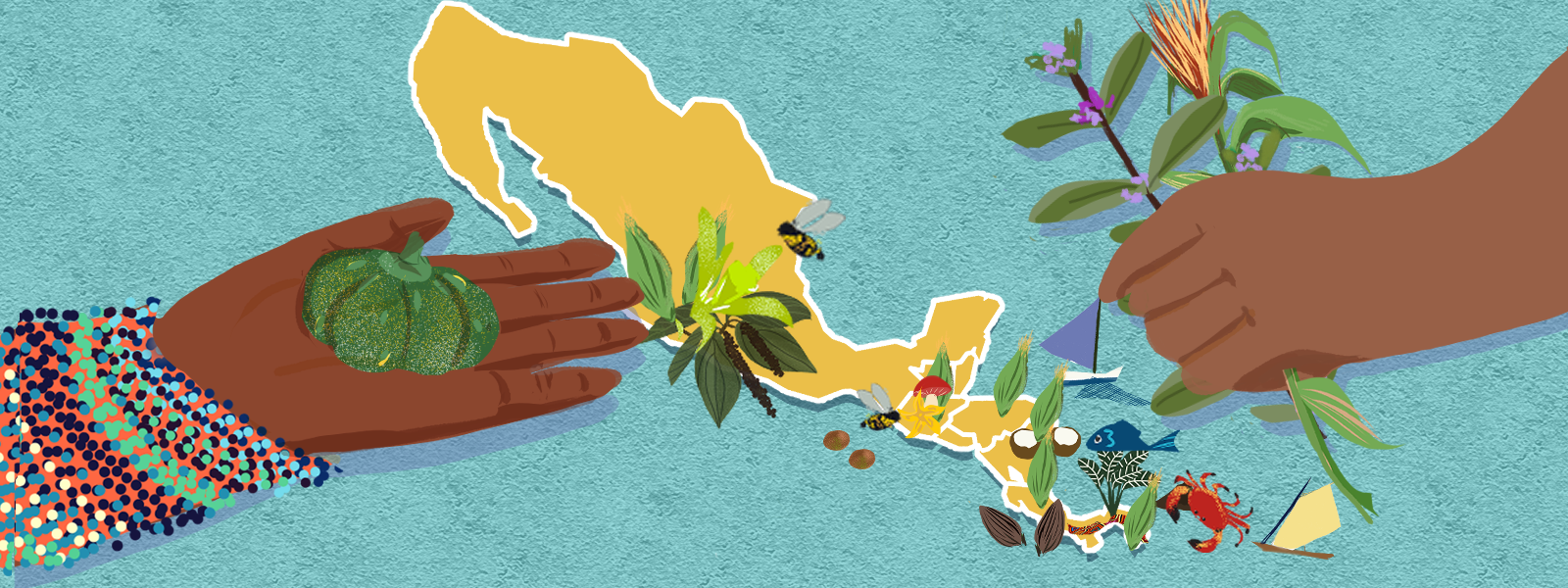
Indigenous and Community Economy of Mesoamerica
Background and Current Challenges
In Mesoamerica, Indigenous Peoples and Local Communities maintain an ancestral practice that teaches about the preservation of common goods and economic and environmental sustainability. These practices include sustainable food production, forest and wildlife conservation, as well as local economic systems rooted in exchange and reciprocity.
Maintaining and reviving these knowledge systems, originating from a historical legacy, is essential to address the challenges and threats humanity faces today, including economic crisis, climate change, development models, and globalization conceived from other cultures and imposed on these peoples who live and experience a different reality.
Despite their importance, Indigenous and community economies have suffered negative impacts on their sustainability principles promoted by ancestral economies due to pressures from monocultures, genetically modified organisms, expansion of agricultural frontiers, land dispossession, mining, mega-projects, drug trafficking, organized crime, among others.
This pressure on Indigenous peoples only benefits external economic interests that alter their ways of life. An example of this is the offering of jobs that do not guarantee improvement in the livelihoods of Indigenous Peoples and local communities.
Objectives
- To raise awareness about Indigenous and community economies from the perspective of Indigenous Peoples and Local Communities.
- To visualize it as a sustainable and sustainable economic model for the empowerment and growth of women and men.
- To share knowledge and experiences to strengthen these practices in the region.
Our Principles
- Indigenous and community economy is a proposal for living well, in harmony with nature and community.
- Preserving ancestral wisdom is crucial for a sustainable and equitable future.
- Recognizing, respecting, and strengthening these practices is essential for conserving cultural diversity and the self-determination of Indigenous Peoples and local communities.
The Indigenous and Community Economy Group in Mesoamerica
Various organizations of Indigenous Peoples and Local Communities have come together to form the “Indigenous and Community Economy Group in Mesoamerica” within the Mesoamerican Alliance of Peoples and Forests. This group seeks to strengthen and promote Indigenous economic practices through dialogue, exchange of experiences, and collaboration.
The group aims to have these unique forms recognized, respected, and strengthened as a proposal and commitment to conserving life and achieving development aligned with cultural diversity, cosmogony, and the self-determination of Indigenous Peoples and Local Communities.
Participants
The Indigenous and Community Economy Group in Mesoamerica actively involves various representative organizations of Indigenous Peoples and local communities in the region. Among the participants are:
- Bribri and Cabécar Indigenous Network (RIBCA) from Costa Rica
- Mexican Network of Peasant Forestry Organizations (Red MOCAF) from Mexico
- Organization of leaders from Indigenous communities of the territories Twi Waupasa, Twi Yahbra, Tawira, Prinzu Auhya, and Wangky Twi (INHWANKA RAYA) from Nicaragua
- General Guna Congress of Panama
- Federation of Agroforestry Producers (FEPROAH) from Honduras
- Association of Community Forestry in Guatemala, Utz Che’
- Association of Forest Communities of Petén in Guatemala
- Muskitia Association Asla Takanka (MASTA) from Honduras
- Allied organizations such as SUCO, Indigenous Foundation of the Forest Stewardship Council (FSC-IF), Agroecological Promotion Group (GPAE), and Agroecological Fund for the Yucatan Peninsula (FAPY).
- Bribri and Cabécar Indigenous Network (RIBCA) from Costa Rica
- Mexican Network of Peasant Forestry Organizations (Red MOCAF) from Mexico
- Organization of leaders from Indigenous communities of the territories Twi Waupasa, Twi Yahbra, Tawira, Prinzu Auhya, and Wangky Twi (INHWANKA RAYA) from Nicaragua
- General Guna Congress of Panama
- Federation of Agroforestry Producers (FEPROAH) from Honduras
- Bribri and Cabécar Indigenous Network (RIBCA) from Costa Rica
- Mexican Network of Peasant Forestry Organizations (Red MOCAF) from Mexico
- Organization of leaders from Indigenous communities of the territories Twi Waupasa, Twi Yahbra, Tawira, Prinzu Auhya, and Wangky Twi (INHWANKA RAYA) from Nicaragua
- General Guna Congress of Panama
- Federation of Agroforestry Producers (FEPROAH) from Honduras
These organizations actively collaborate in dialogue, exchange of experiences, and joint proposal building to strengthen Indigenous and community economies in Mesoamerica.
Documento Sistematización
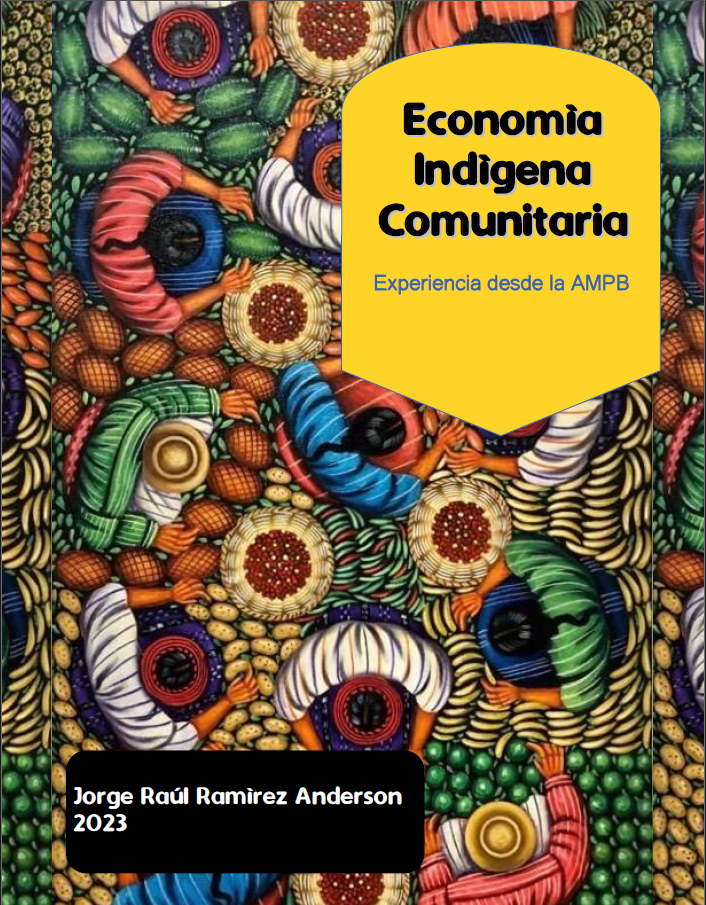
Aspectos claves del proceso que se realizaron en la sistematización sobre la Economía Indígena Comunitaria desde la AMPB
